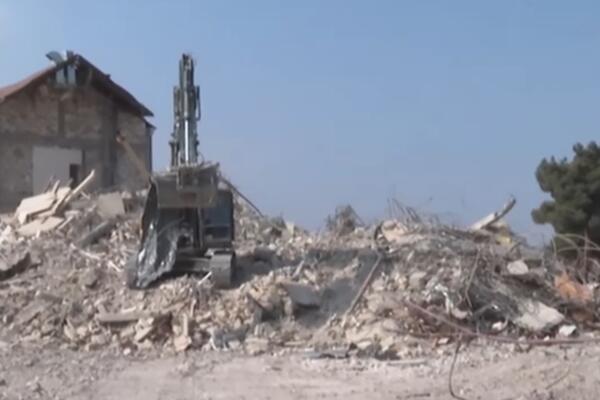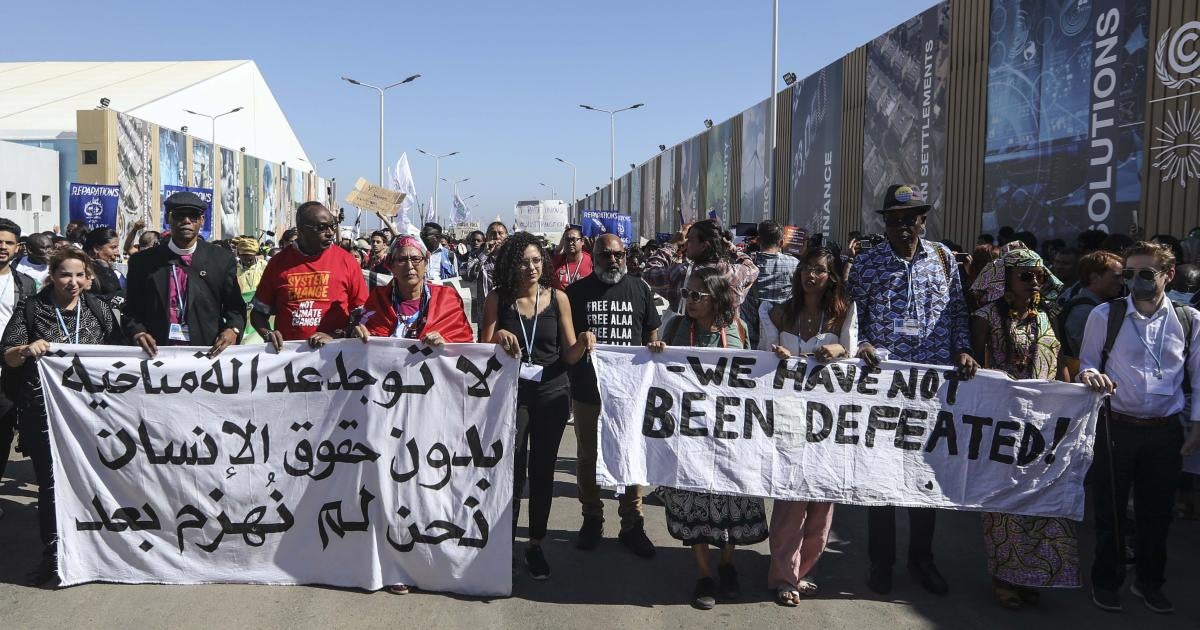In recent times with the Middle East’s many hot zones, violence or threats of violence have been ramping up. Especially in the Nagorno-Karabakh region, which is a valley of land that the two nations of Armenia and Azerbaijan. have been fighting over for a long time.
About a week ago, Azerbaijan news showed us the demolition of a former Armenian parliamentary building by Azerbaijan. At this time though, we have words from the ethnic Armenians isolated in the Nagorno-Karabakh.
Artak Beglaryan, a former ombudsman (investigative reporter), says that “We are nobody.” and that “It is a ghost country.”
He and a lot of others trapped in the Nagorno-Karabakh region are currently trying to flee to the neighboring nation of Armenia.
Armenia however claims they are struggling with the amount of refugees (about 100,000)
What do you think the best move is to take if you were in charge on the side of the Ethnic Armenians? Let me know!

Sources can be found HERE







